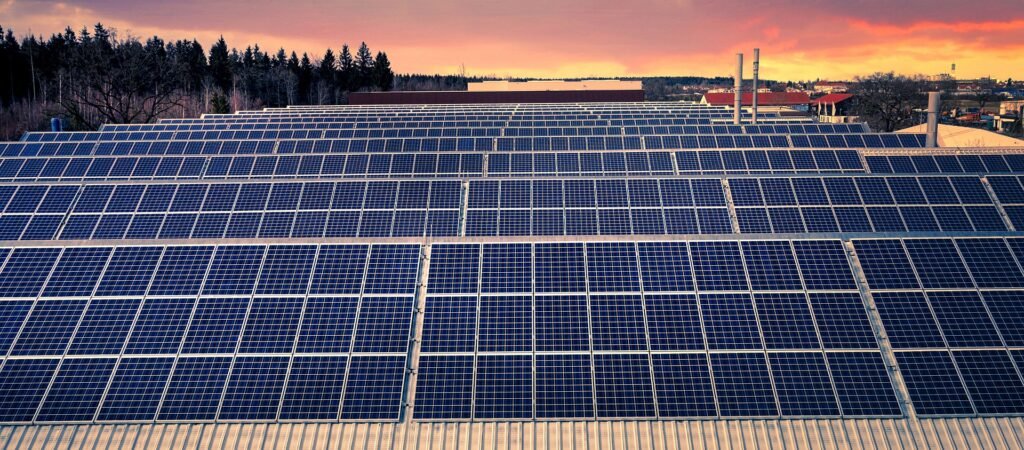The Department Circular No 2023-12-0035 Prescribing the Policy and General Framework on the Expanded Roof-Mounted Solar Program was published in the Philippines on December 22, 2023 (hereinafter referred to as the Circular). This circular sets out the requirements for each business model for using rooftop solar power. The circular shall enter into force after publication in two general papers.
The original text of the circular can be viewed at the following URL:
https://www.doe.gov.ph/sites/default/files/pdf/issuances/DC2023-12-0035.pdf
Purpose
To achieve the goal of spreading renewable energy in the Philippines, this circular was promulgated for the following purposes.
- Achieve a share of renewable energy in total electricity generation of 35% by 2030 and 50% by 2050.
- Attract investment by reforming business models and creating markets for renewable energy.
- Support operators who introduce photovoltaic power using the roofs of buildings.
- Defer grid expansions and upgrades by reducing grid congestion with decentralized energy.
- Provide alternative compliance mechanisms to building owners/establishments for each of their obligations under the Energy Conservation Act and its implementing regulations, as well as the Government Energy Management Program (GEMP).
- Streamline and simplify processes and requirements for the development of rooftop photovoltaic projects in line with the objectives of RA 11032 (Ease of Doing Business and Efficient Government Service Delivery Act of 2018) and RA 11234 (Energy Virtual One-Stop Shop Act).
Scope
The Circular is for roof-mounted solar facilities (RSFs) with an output of more than 100 kilowatts peak (kWp), and covers all facilities intended for personal consumption or for the supply of energy to power distribution operators or power grids. Target facilities shall be distinguished from the Net Metering Program, the Distributed Energy Resources Program, and the Green Energy Option Program, and shall apply to both on-grid and off-grid areas. All RSFs must obtain the necessary permits prior to their development, construction, and commercial operation and must comply with the requirements established by the Department of Energy (DOE) and the Energy Regulatory Commission (ERC), such as the Distribution Impact Survey (DIS) and System Impact Survey.
Requirements for each power business model
The following three business model requirements are also stipulated in the Circular.
- Supply Contingency Option
- Lease-to-Generate Option
- Peer-to-Peer Energy Trading
The P2P electricity trading business model applies when the rooftop solar provider (RSP) (the operator who conducts the business such as installing, operating, and maintaining the RSF) and its electricity consumers are in a limited area or a nearby area. The RSP will act as the operator of the P2P electricity trading and must provide a appropriate trading platform for consumers. The surplus power can also be sold to the power distribution operator. In addition, all agreement documents exchanged between the electricity consumers and the RSP for P2P electricity trading must be submitted to the DOE.
 Philippines promulgates rules on rooftop photovoltaics
Philippines promulgates rules on rooftop photovoltaics 

























